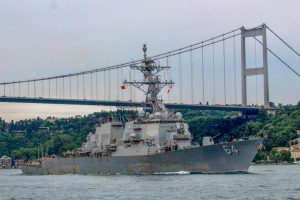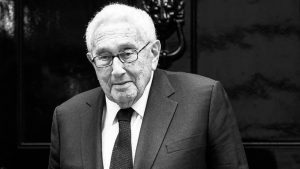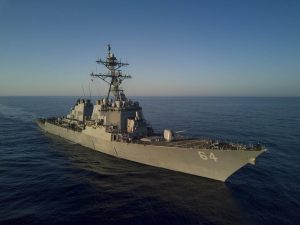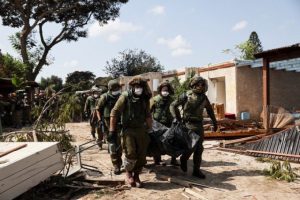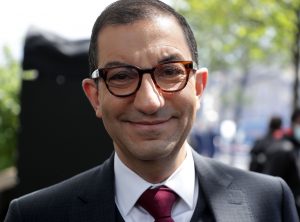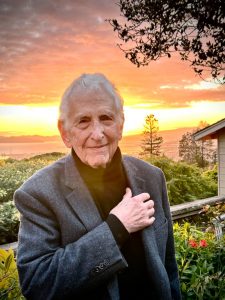After judges in The Hague on Tuesday upheld the genocide conviction of former Bosnian Serb military chief Ratko Mladic, we look at the fate of the key players in the 1990s Balkan wars, which claimed more than 100,000 lives.
Also Read | ‘Butcher of Bosnia’ Mladic faces final genocide verdict
Mladic, who was dubbed the “Butcher of Bosnia”, was arrested in 2011 after 16 years on the run.
Convicted of genocide and war crimes over the siege of Sarajevo and the Srebrenica massacre among other crimes, he was sentenced to life imprisonment in November 2017.
The UN tribunal in The Hague on Tuesday rejected Mladic’s appeal against the sentence.
– Radovan Karadzic: The former Bosnian Serb leader was found guilty in 2016 at The Hague of genocide and nine other charges including extermination, deportations, and hostage-taking.
His appeal hearing opened in April 2018, and in March 2019, his sentence was increased to life in prison.
Also Read | Ahead of genocide verdict, look at the history of Srebrenica’s massacre
The judges later threw out a last-ditch attempt for a renewed appeal, saying it had “no legal basis”.
Karadzic is behind bars at the UN’s high-security detention unit in The Hague.
The genocide conviction arose from the 1995 Srebrenica massacre in eastern Bosnia in which almost 8,000 Muslim men and boys were slaughtered.
Karadzic evaded capture for 13 years until he was arrested in 2008 on a Belgrade bus masquerading as a New Age healer.
– Biljana Plavsic: Former president of the Bosnian Serbs’ self-declared Republika Srpska and the only woman convicted at The Hague, she pleaded guilty to war crimes and was sentenced to 11 years in jail in 2003.
She was granted early release in 2009.
Also Read | The four previous International Criminal Court war crimes convictions
– Vojislav Seselj: UN judges in 2018 found the radical Serb politician guilty on appeal of crimes against humanity, sentencing him to 10 years.
As he had already spent almost 12 years in detention, he remained free.
An ally of former Serbian president Slobodan Milosevic, the court found Seselj was behind the murder of Croats, Muslims and other non-Serbs, as well as mass forced deportations.
– Hashim Thaci, 52, was forced to quit as Kosovo president in November to face war crimes charges at The Hague tribunal.
The former leader of the guerrilla Kosovo Liberation Army, who called himself “The Snake”, denies murder, torture, persecution and crimes related to the 1998-99 conflict with Serbia.
– Ante Gotovina: The retired Croatian army general, considered a war hero by many Croats, was initially sentenced to 24 years in jail for crimes against humanity and war crimes.
He was acquitted on appeal in 2012.
Also Read | US planned to nuke Shanghai in 1958, show documents
– Slobodan Milosevic: the former Serbian president died in his cell at The Hague in 2006, aged 64, while on trial for 66 counts including genocide, war crimes, and crimes against humanity. An official report said he had suffered a heart attack.
He was accused of fuelling ethnic conflict and mass murder in the former Yugoslavia during his 13-year rule.
– Franjo Tudjman: The Croatian president, whose war of independence from the Yugoslav federation claimed about 20,000 lives, died of cancer in 1999 aged 77.
The Hague tribunal said he would have been indicted for war crimes had he lived.
– Zeljko “Arkan” Raznatovic: The head of the feared Serb “Tigers” paramilitary outfit, he was indicted in 1997 by the Hague court for crimes against humanity and war crimes in Bosnia in 1995.
He was gunned down aged 47 in January 2000 in a Belgrade hotel.
Also Read | From Manhattan to Hiroshima: the race for the atom bomb
– Slobodan Praljak: the former Bosnian Croat military commander killed himself by drinking cyanide in court in November 2017, just after appeal judges upheld his 20-year jail term.

